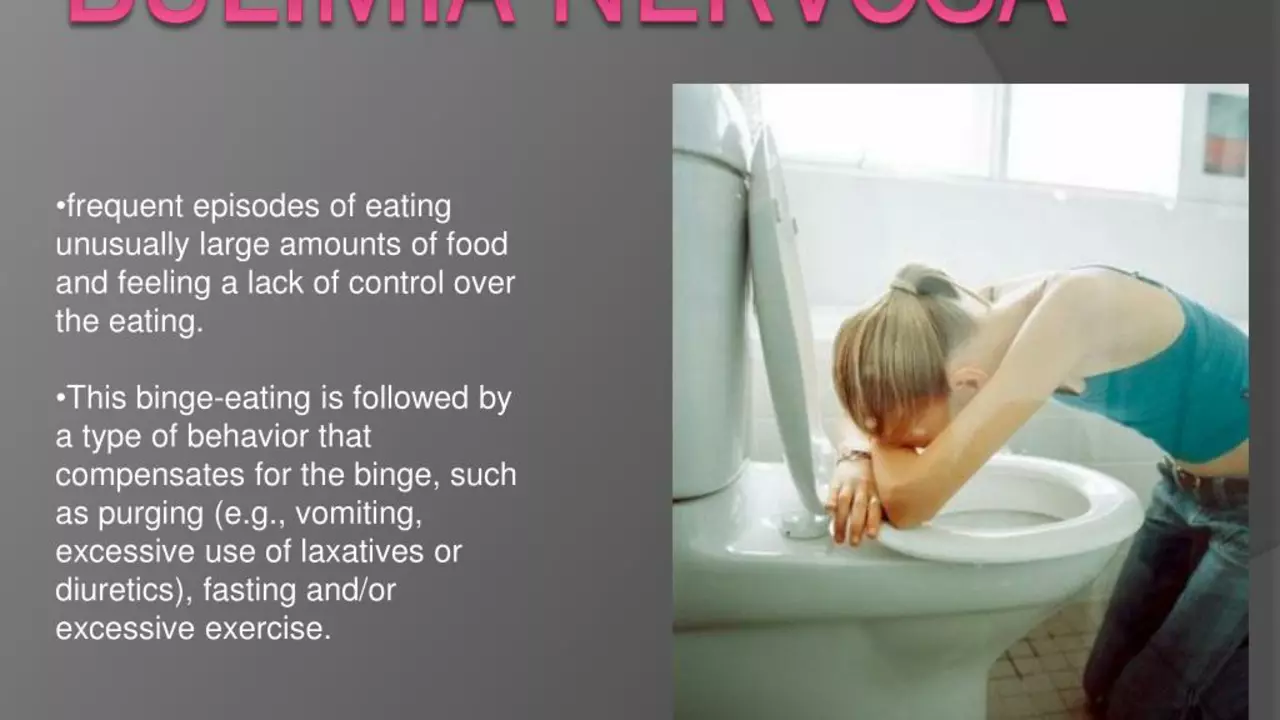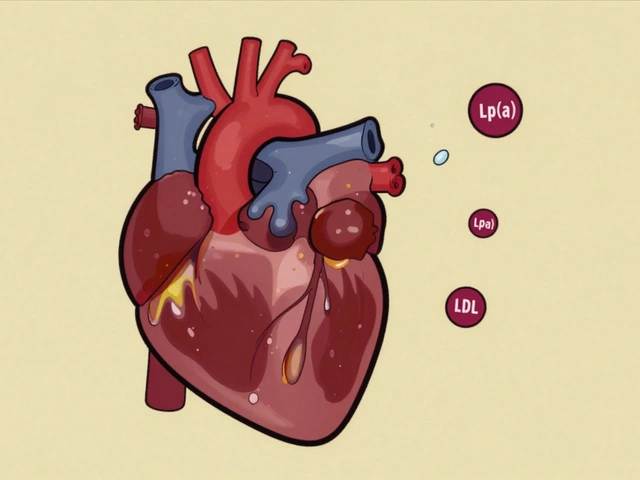Bulimia Nervosa: Signs, Risks, and Practical Help
Think you or someone you care about is hiding a pattern of bingeing and purging? Bulimia nervosa is more common than people expect and it can hide behind normal weight. This page gives clear, useful steps: how to spot it, what can go wrong physically, and what actually helps.
What to watch for
Bulimia shows up as repeated episodes of eating a lot in a short time, followed by behaviors meant to avoid weight gain — vomiting, laxatives, excessive exercise, or fasting. Clinically, these episodes often occur at least once a week for several months, but even less frequent patterns can be dangerous.
Signs you can notice day-to-day: frequent trips to the bathroom after meals, swollen cheeks, dental erosion or sensitive teeth, chronic sore throat, calluses on the knuckles from induced vomiting, and sudden mood swings around food. There are also emotional clues: intense shame about eating, secretive behavior around meals, or constant calorie counting and body checking.
Physical risks are real and sometimes urgent. Repeated vomiting can cause low potassium and sodium, which may lead to muscle weakness, dizziness, and irregular heartbeat. Acid from the stomach damages teeth and the throat. In severe cases, people can faint, have seizures, or develop life‑threatening heart issues.
Treatment and next steps
Cognitive behavioral therapy tailored for eating disorders (often called CBT‑E) is the first-line psychological treatment. It helps change the cycle of bingeing and purging by teaching practical skills: regular eating, managing urges, and coping with triggers. A trained therapist who knows eating disorders makes a big difference.
Medication can help too. Some antidepressants — especially fluoxetine at higher doses — reduce binge‑purge frequency for many people. Medication works best combined with therapy and medical monitoring, not alone.
Medical checkups are part of treatment. A doctor will usually check electrolytes (like potassium), kidney function, and heart rhythm. Dentists and nutritionists also play a role: dental care for enamel damage and a registered dietitian to rebuild a safe, regular eating plan.
Practical steps you can take now: avoid skipping meals, plan three balanced meals and two snacks, keep a simple food-and-mood log to spot triggers, and delay the urge to purge by waiting ten minutes and using distraction (walk, call a friend). If someone admits the behavior, listen without judgment and encourage professional help — avoidance and shame make it worse.
Get urgent help if you or someone else has fainted, has severe chest pain, is behaving confused, or can't keep liquids down. Those can be signs of dangerous electrolyte problems or heart trouble.
Recovery is possible. It usually takes time and a team: a doctor, therapist, and nutritionist. If you’re not sure where to start, contact your primary care doctor, a local eating‑disorder clinic, or a mental health hotline for a referral. You don’t have to manage this alone.




